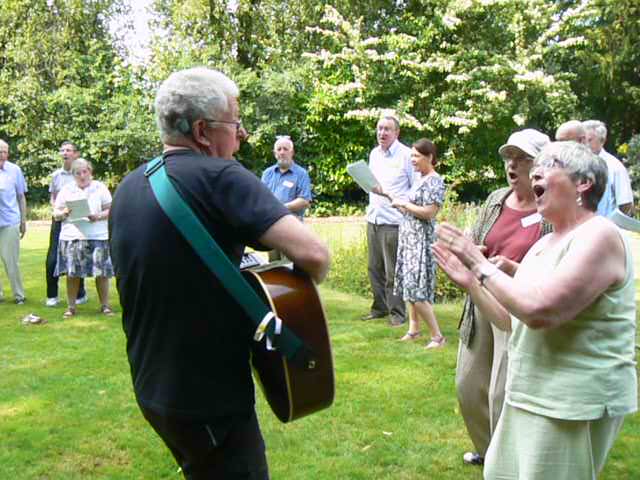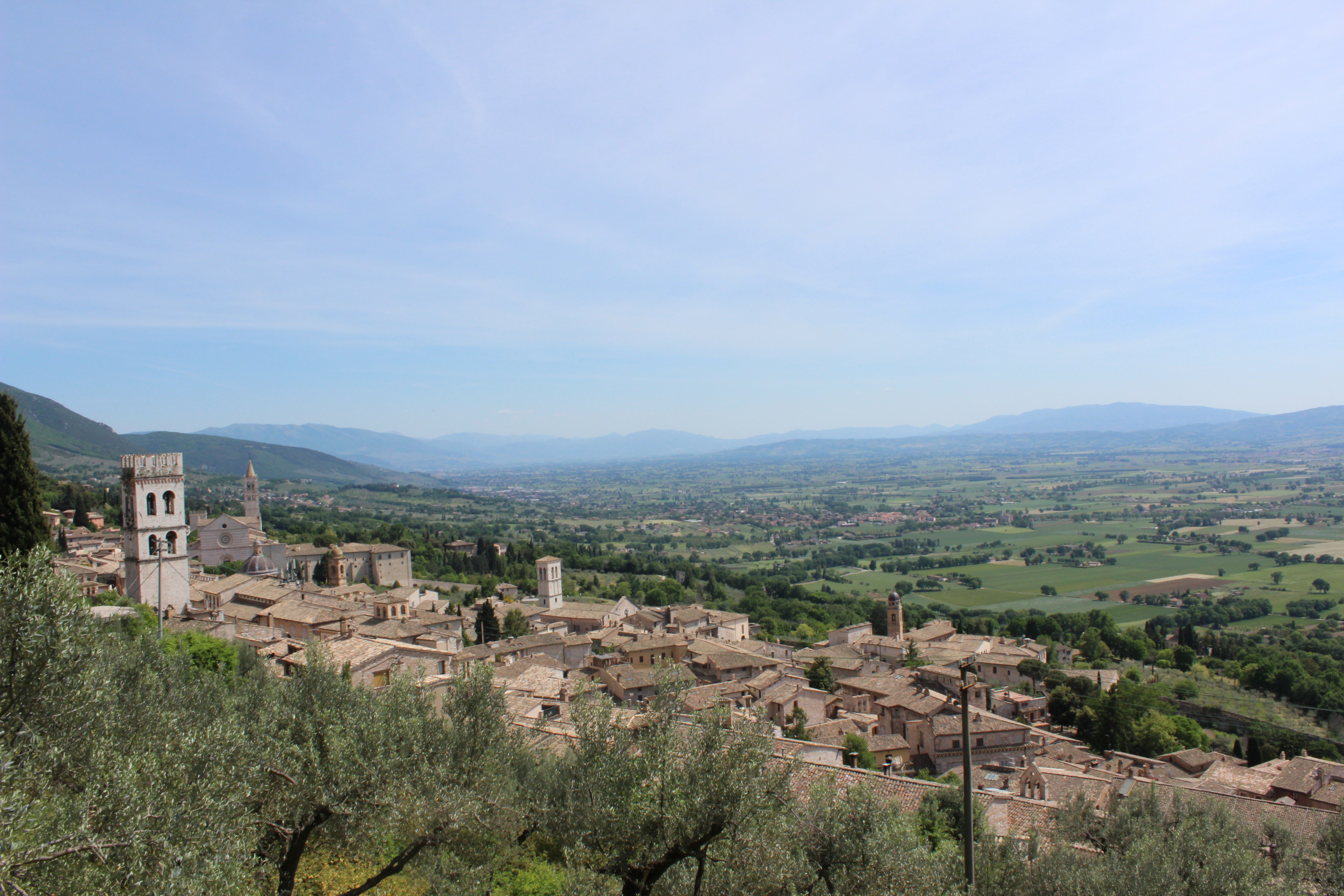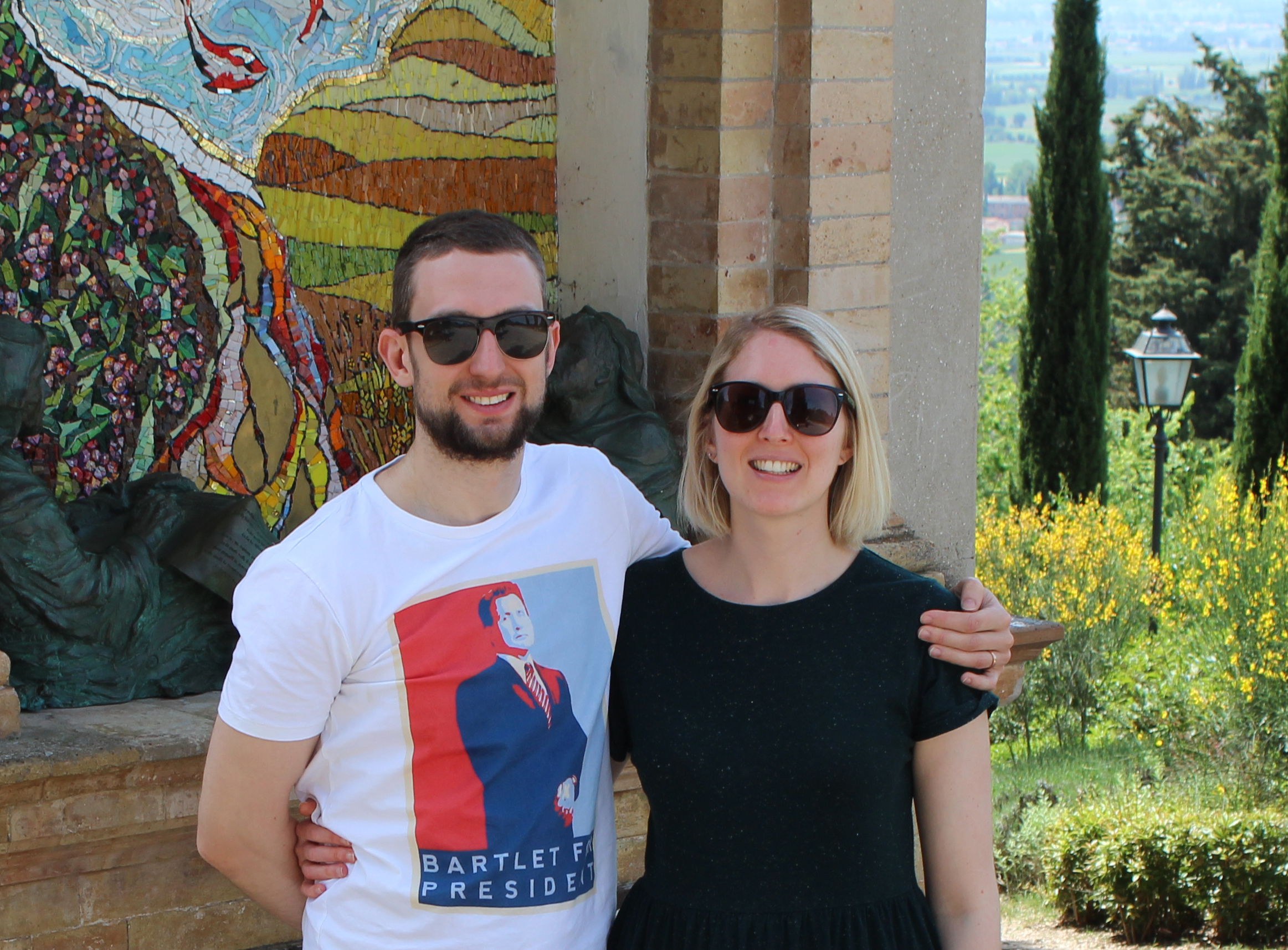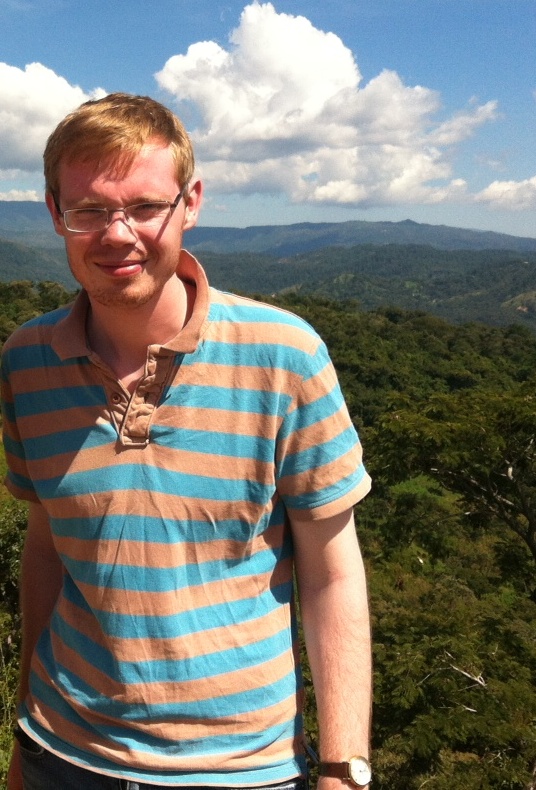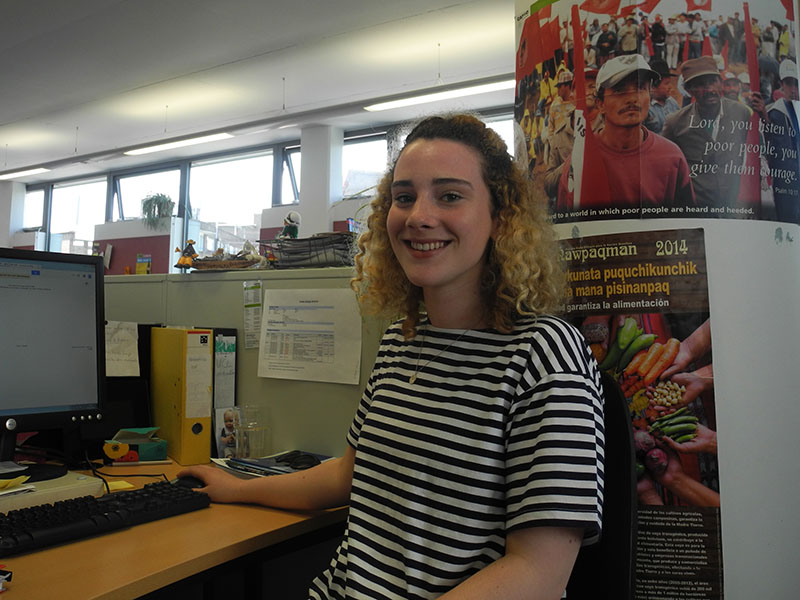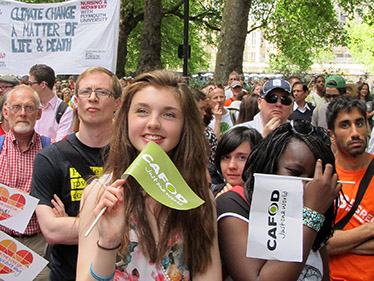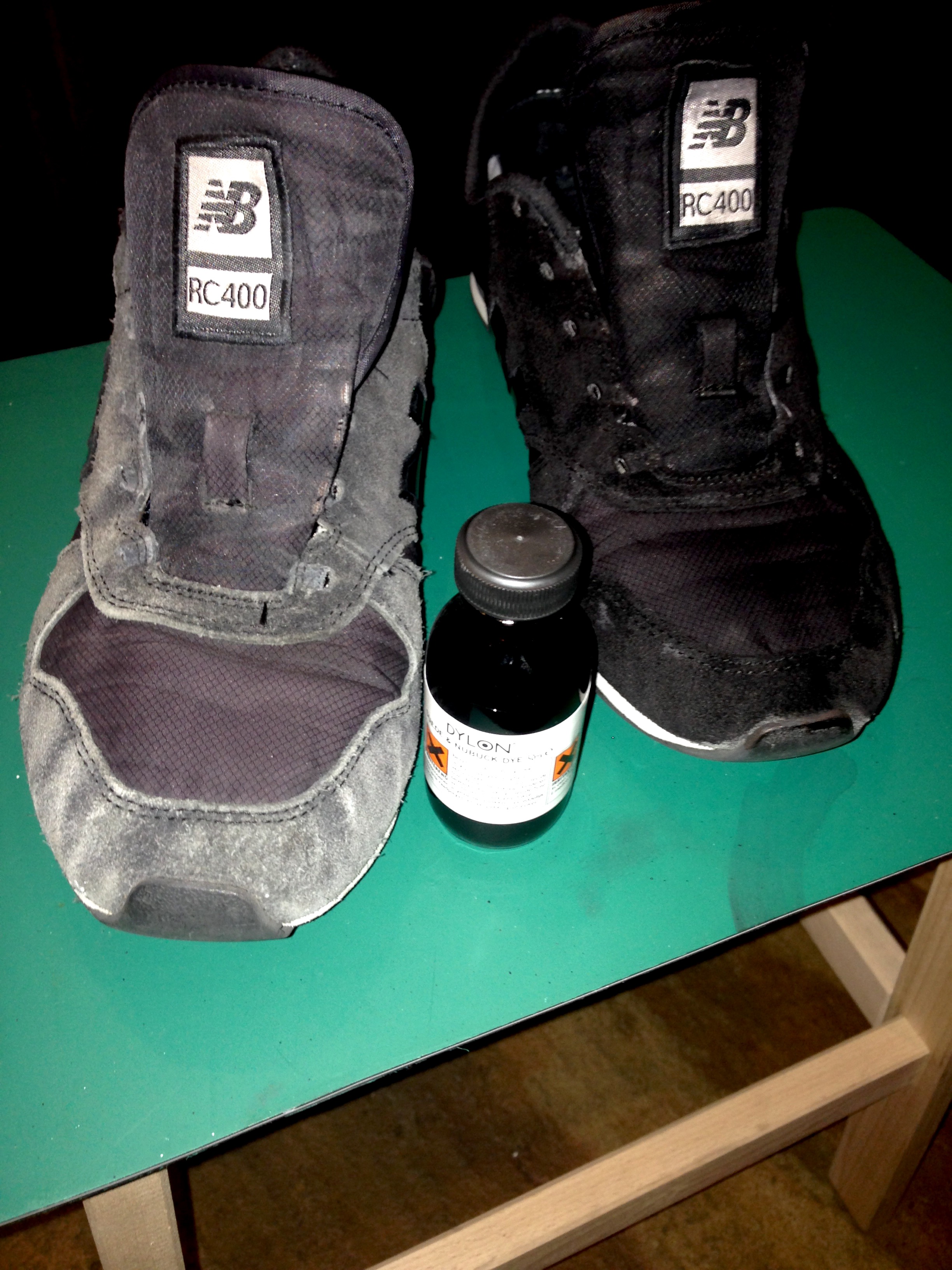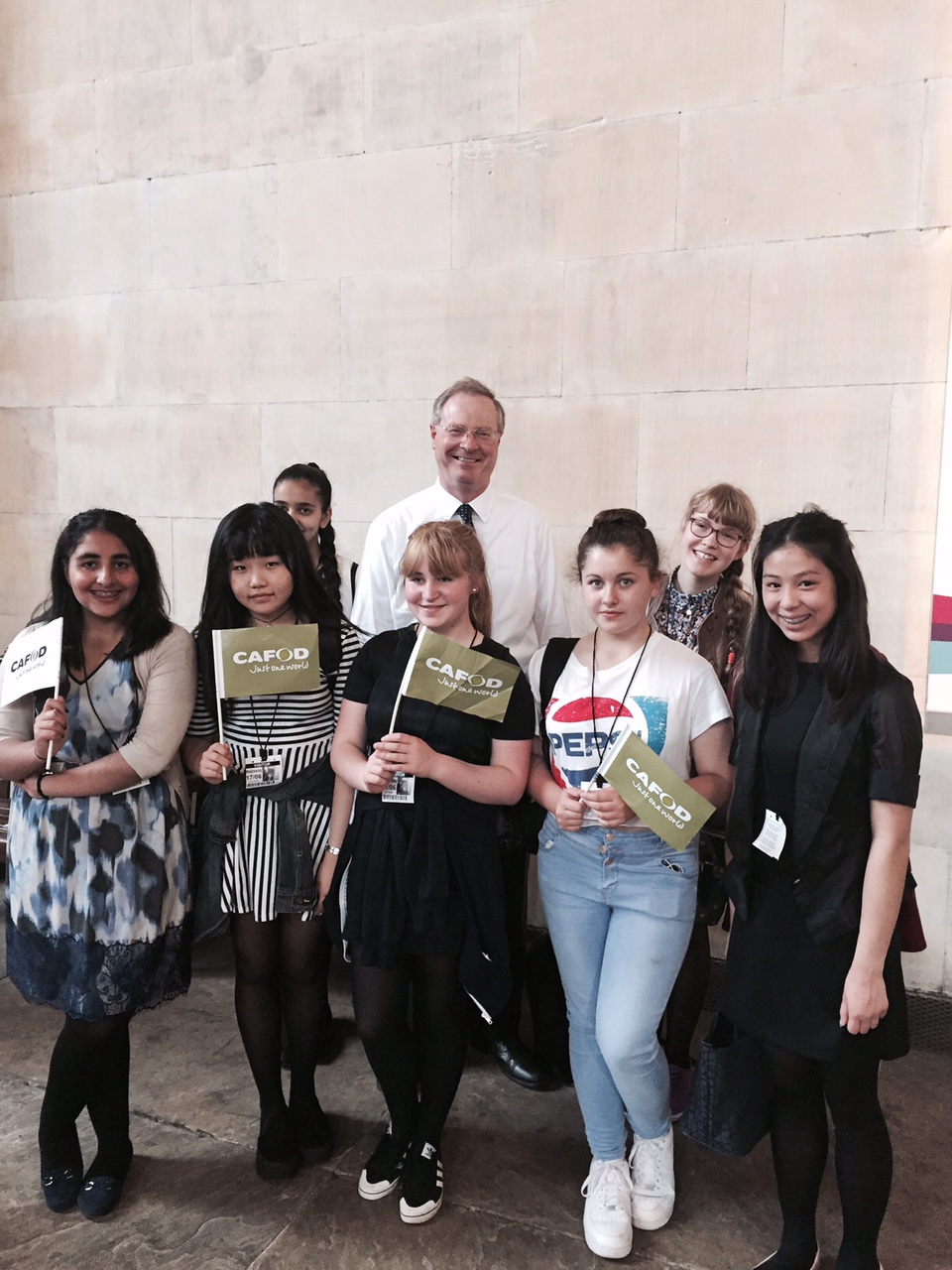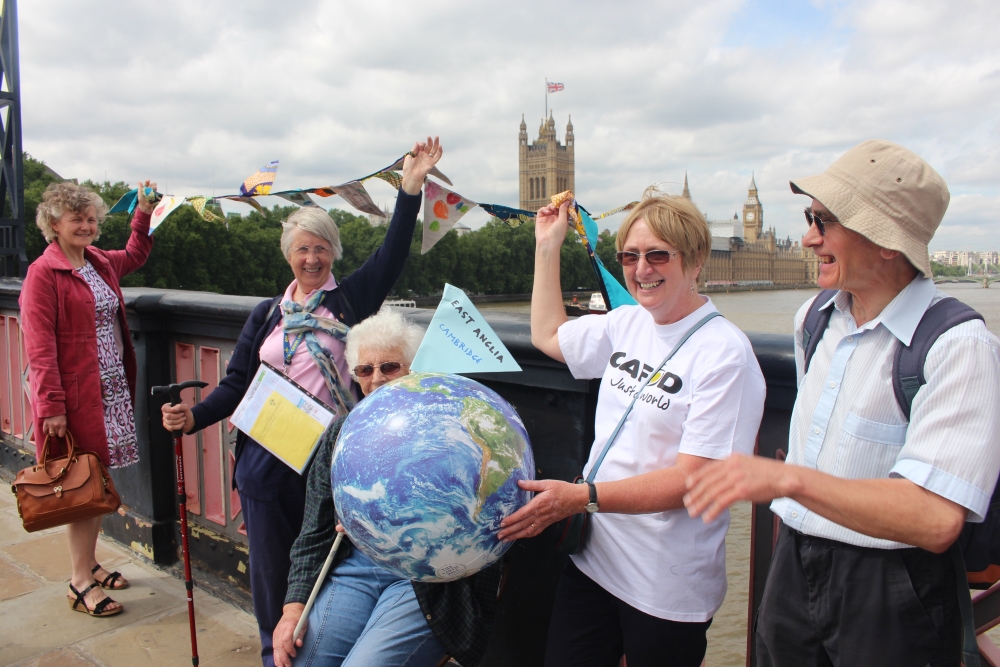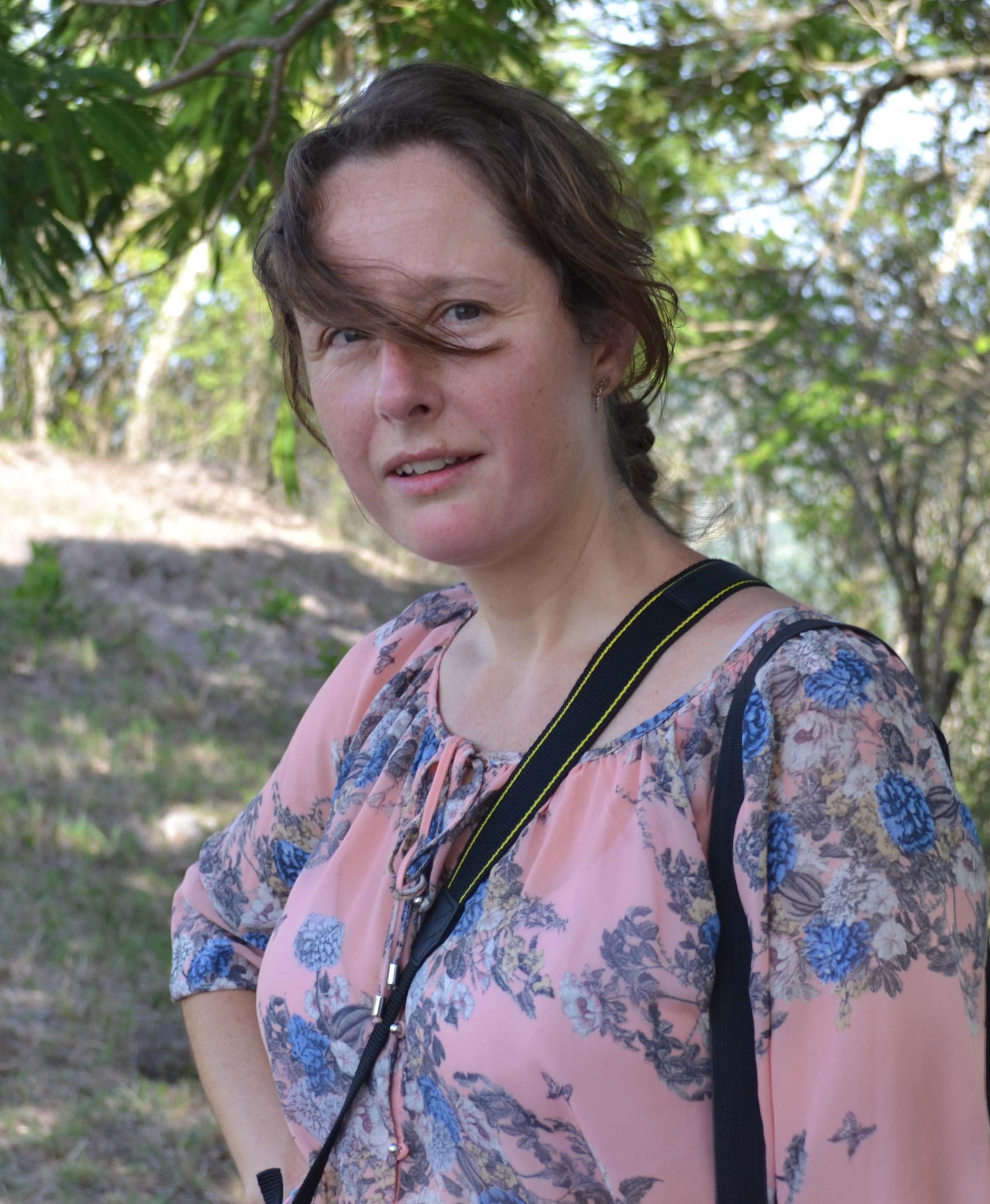Young climate bloggers lobby their MPs and reflect on Laudato Si’
July 9, 2015
Our fantastic young climate bloggers have had a busy month campaigning and raising awareness – so much to celebrate! Several groups attended the lobby of parliament last month. Toby, from All Saints, describes the visit to parliament as follows:

Seven students from All Saints travelled down to the Houses of Parliament to discuss climate change with their MPs and what they were going to do about it. We began our day with two of our students attending the ecumenical service at the Emmanuel Centre, Westminster. They helped carried two pieces of a broken heart that fitted together. The heart stood for the motto of the lobby, “…for the love of…”.
The crack in the heart was to show what we as humans are doing to the earth. Later we made our way to the Houses of Parliament to rally with our local MPs and discuss the issues and solutions to climate change.
[youtube https://www.youtube.com/watch?v=IMwxnJA_iuc&w=420&h=315]
Campaign with us on climate change.
Some students from St James had time to reflect on the lobby and its relevance to the Pope’s encyclical, which was published the day immediately after the lobby.
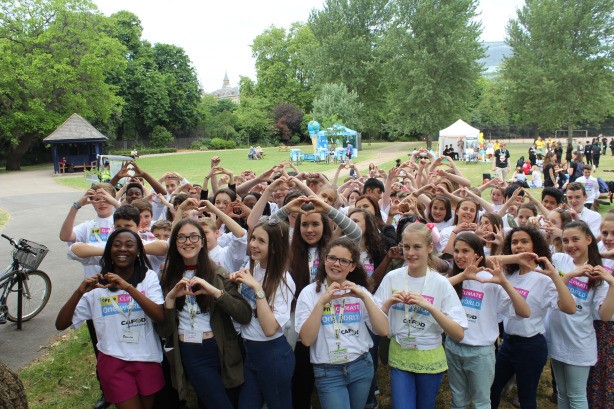
The opening paragraph of the encyclical sets the tone for the whole document: the Earth “is protesting for the wrong that we are doing to her, because of the irresponsible use and abuse of the goods that God has placed on her. We have grown up thinking that we were her owners and dominators, authorised to loot her. The violence that exists in the human heart, wounded by sin, is also manifest in the symptoms of illness that we see in the Earth, the water, the air and in living things.” Pope Francis, June 2015.
Learn more about the encyclical. Continue reading “Young climate bloggers lobby their MPs and reflect on Laudato Si’”

